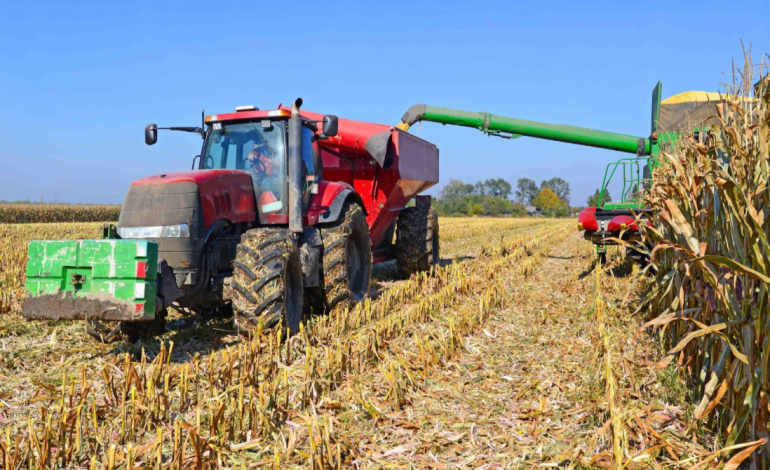As the expiration of the 2018 Farm Bill looms, Wyoming’s agricultural community is feeling the strain of political gridlock in Congress, Billings Gazette reports.
The legislative package, typically updated every five years, governs critical programs including conservation, disaster assistance, crop insurance, and food security.
A one-year extension of the 2018 bill expired on September 30, leaving Wyoming farmers and ranchers uncertain about future federal support.
The farm bill is a comprehensive piece of legislation that shapes the nation’s agricultural and food policies. Its funding impacts a variety of programs, from conservation initiatives and forestry management to disaster relief and market stability. In Wyoming, programs like the Environmental Quality Incentives Program (EQIP) and the Conservation Stewardship Program provide vital support for local producers.
“If there’s no farm bill, there’s no EQIP programs… Producers miss out on the opportunity to receive significant funding for projects that can positively impact natural resources,” said Zach Byram, manager of the Clear Creek Conservation District.
The absence of an updated bill complicates long-term planning for many Wyoming producers. Brett Moline, public affairs director for the Wyoming Farm Bureau Federation, noted that many natural resource projects, such as prescribed grazing and pipeline installations, span multiple years. The uncertainty of year-to-year extensions disrupts these efforts.
While Wyoming doesn’t produce many of the crops central to national farm bill discussions, local ranchers depend on stable crop markets in other states to feed their livestock.
“We raise beef cattle in this state, not beef… We rely on Midwestern states for corn and other crops. If one part of the system falters, the whole system breaks,” Moline explained.
Beyond crop markets, Wyoming stakeholders emphasize the importance of disaster assistance, particularly after a year of wildfires that scorched private lands. Jim Magagna, executive vice president of the Wyoming Stockgrowers Association, stressed the need for updated provisions in a new farm bill to address these challenges.
The current stalemate in Congress stems from disagreements over the farm bill’s projected $1.5 trillion cost and its priorities. Divided control of agriculture committees in the House and Senate adds to the complexity. Wyoming’s congressional delegation has called for action, with Representative Harriet Hageman criticizing the delays.
“Our ag producers are severely constrained in their planning if they do not know what programs will ultimately be authorized,” she said.
Historically, extensions of the farm bill were rare, but they have become more common in recent years. Despite this trend, stakeholders in Wyoming and across the nation are urging lawmakers to prioritize the legislation.
For Wyoming producers, the stakes are high. Conservation funding, disaster assistance, and food system stability hinge on Congress’s ability to pass a new farm bill. Without it, uncertainty will continue to disrupt planning and operations, leaving farmers and ranchers grappling with challenges in a volatile economic environment.
As Congress reconvenes, agricultural advocates like Magagna remain skeptical about progress.
“I’ll be pessimistic until I see that it’s happened,” he said.









